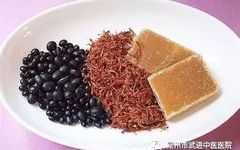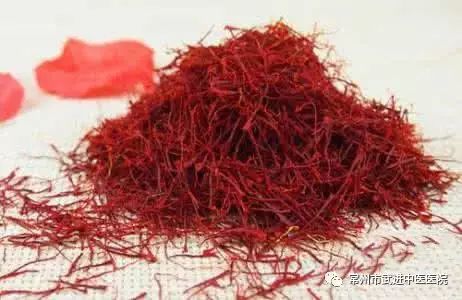
Honghua (Safflower)
Honghua, also known as Cao Honghua (草红花).
Honghua has a unique fragrance and a slightly bitter taste. The best quality is characterized by long petals, bright red color, and soft texture. Honghua is mainly produced in Henan, Zhejiang, and Sichuan provinces. The efficacy and functions of Honghua are primarily manifested in promoting blood circulation, dispelling blood stasis, and alleviating pain. It is used for conditions such as amenorrhea, dysmenorrhea, retained lochia, abdominal masses, and traumatic injuries.
Methods of Consuming Honghua
 Black Bean and Honghua Drink
Black Bean and Honghua Drink
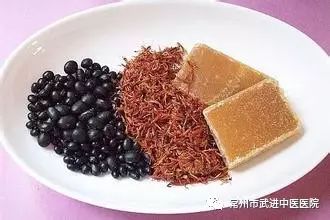
Ingredients:30g black beans, 6g Honghua (Safflower), 30g brown sugar.
Preparation:Boil black beans and Honghua in an appropriate amount of water over high heat for 4 minutes, then simmer until the black beans are soft. Remove the black beans and Honghua, and add brown sugar to taste.
Efficacy:Promotes blood circulation and alleviates pain.
 Dan Shen and Honghua Porridge
Dan Shen and Honghua Porridge
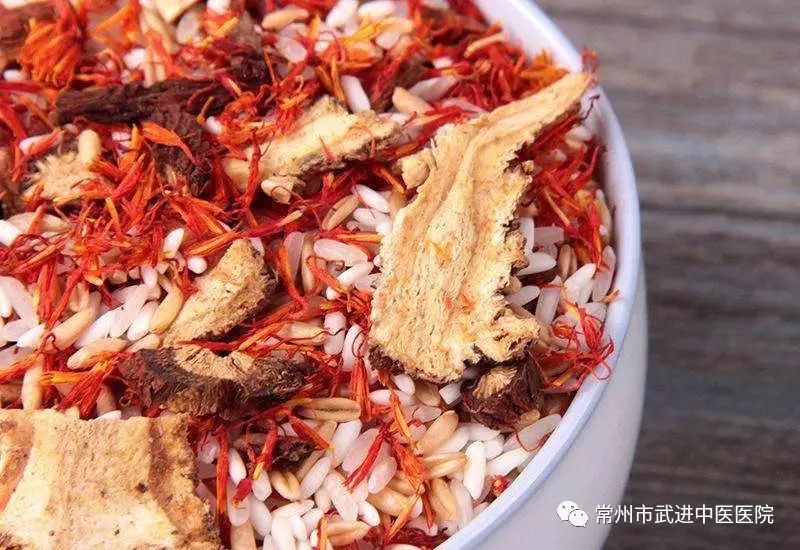
Ingredients:150g japonica rice, 10g Dan Shen (Salvia miltiorrhiza), 6g Honghua (Safflower), 25g white sugar.
Preparation:Soak Dan Shen until soft, slice thinly; wash Honghua to remove impurities; rinse japonica rice. Place japonica rice, Dan Shen, and Honghua in an aluminum pot, add 800ml of water, bring to a boil over high heat, then simmer for 35 minutes until porridge is ready. Add white sugar to taste.
Efficacy:This dish has the effects of promoting blood circulation, dispelling blood stasis, and unblocking meridians, suitable for patients with coronary heart disease due to blood stasis.
 Honghua Wine
Honghua Wine
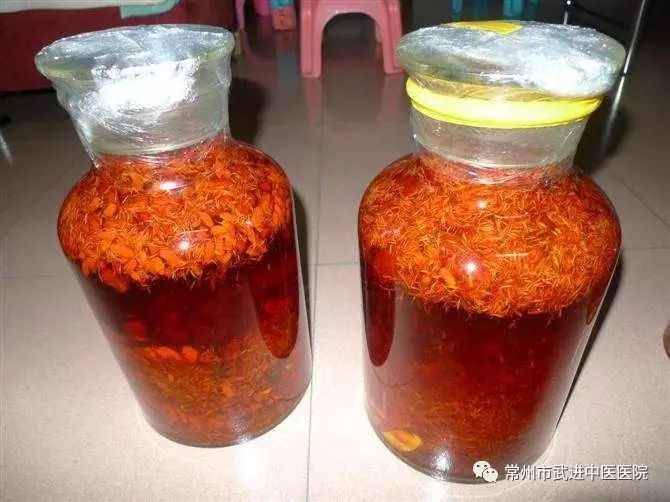
Ingredients:200g Honghua (Safflower), 1000ml low-alcohol wine, appropriate amount of brown sugar.
Preparation:Wash and dry Honghua, place it with brown sugar in a clean cloth bag, seal the bag and put it in a wine jar, cover tightly, and let it steep for 7 days before drinking. It is recommended to consume 20-30ml, 1-2 times daily.
Efficacy:It nourishes blood and skin, promotes blood circulation and regulates menstruation, suitable for women with blood deficiency, blood stasis, and dysmenorrhea.
 Dang Gui and Honghua Blood Nourishing Porridge
Dang Gui and Honghua Blood Nourishing Porridge
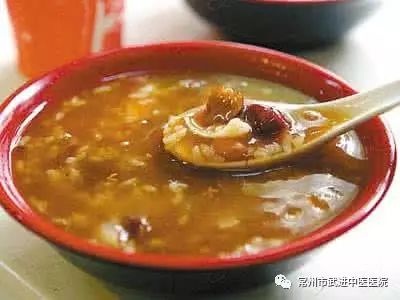
Ingredients:5g Chuan Xiong (Ligusticum chuanxiong), 12g Dang Gui (Angelica sinensis), 6g Huang Qi (Astragalus membranaceus), 6g Honghua (Safflower), 120g japonica rice.
Preparation:Wash Dang Gui, Chuan Xiong, and Huang Qi with rice wine, slice thinly, and place in a cloth bag with Honghua. Add chicken broth and water, simmer to extract the medicinal juice. Remove the bag, add japonica rice, bring to a boil, then simmer until porridge is ready.
Efficacy:Suitable for pale complexion due to blood deficiency, can also eliminate skin blemishes and dark circles. Japonica rice contains protein, fat, organic acids, monosaccharides, vitamins B, calcium, phosphorus, iron, etc.; chicken broth is very nutritious, making it an excellent tonic. Dang Gui is warm in nature, sweet and pungent, nourishes blood and regulates menstruation; Chuan Xiong is warm and pungent, promotes qi and alleviates stagnation, dispels wind and dampness; Huang Qi is slightly warm and sweet, tonifies the middle and boosts qi; Honghua is warm and pungent, promotes blood circulation and regulates menstruation, dispels stasis and alleviates pain. Although blood-nourishing porridge is beneficial, it should not be overconsumed; generally, once a month is best.
Precautions for Consuming Honghua
 Pregnant women must not consume Honghua
Pregnant women must not consume Honghua
Pregnant women must not consume Honghua, as it can adversely affect both the mother and fetus. Honghua has a stimulating effect on the uterus and intestines, which can lead to fetal ischemia and hypoxia, resulting in poor fetal development and deformities, and may even cause miscarriage, premature birth, or stillbirth.
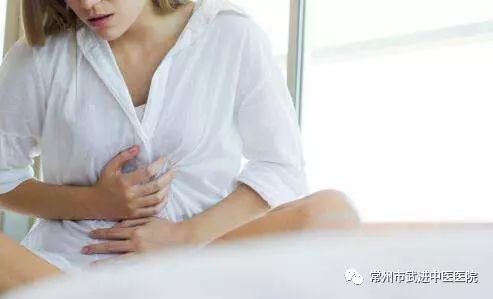
 Although Honghua is beneficial, it should be used with caution
Although Honghua is beneficial, it should be used with caution
In modern times, some people take Honghua as a health supplement for long periods, unaware that prolonged use can lead to chronic Honghua poisoning symptoms. Modern medicine has confirmed that long-term consumption of Honghua can cause severe damage to the nervous, urinary, and digestive systems, along with skin allergies and anaphylactic shock. Those with ulcer disease and bleeding disorders should use Honghua cautiously, with a recommended dosage of 3-9g.
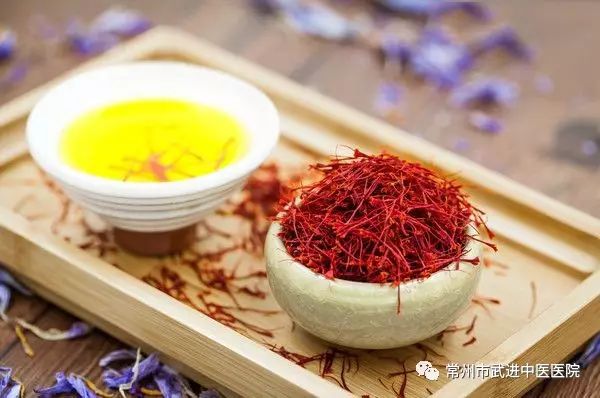

Planning: Cao Yan, Pan Ying

Long press to identify the QR code for more exciting content

